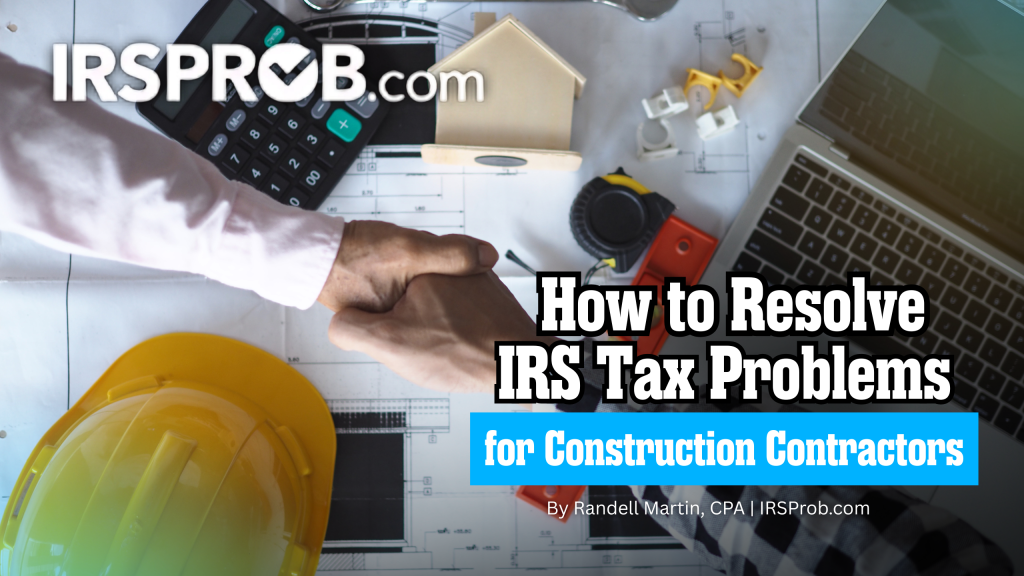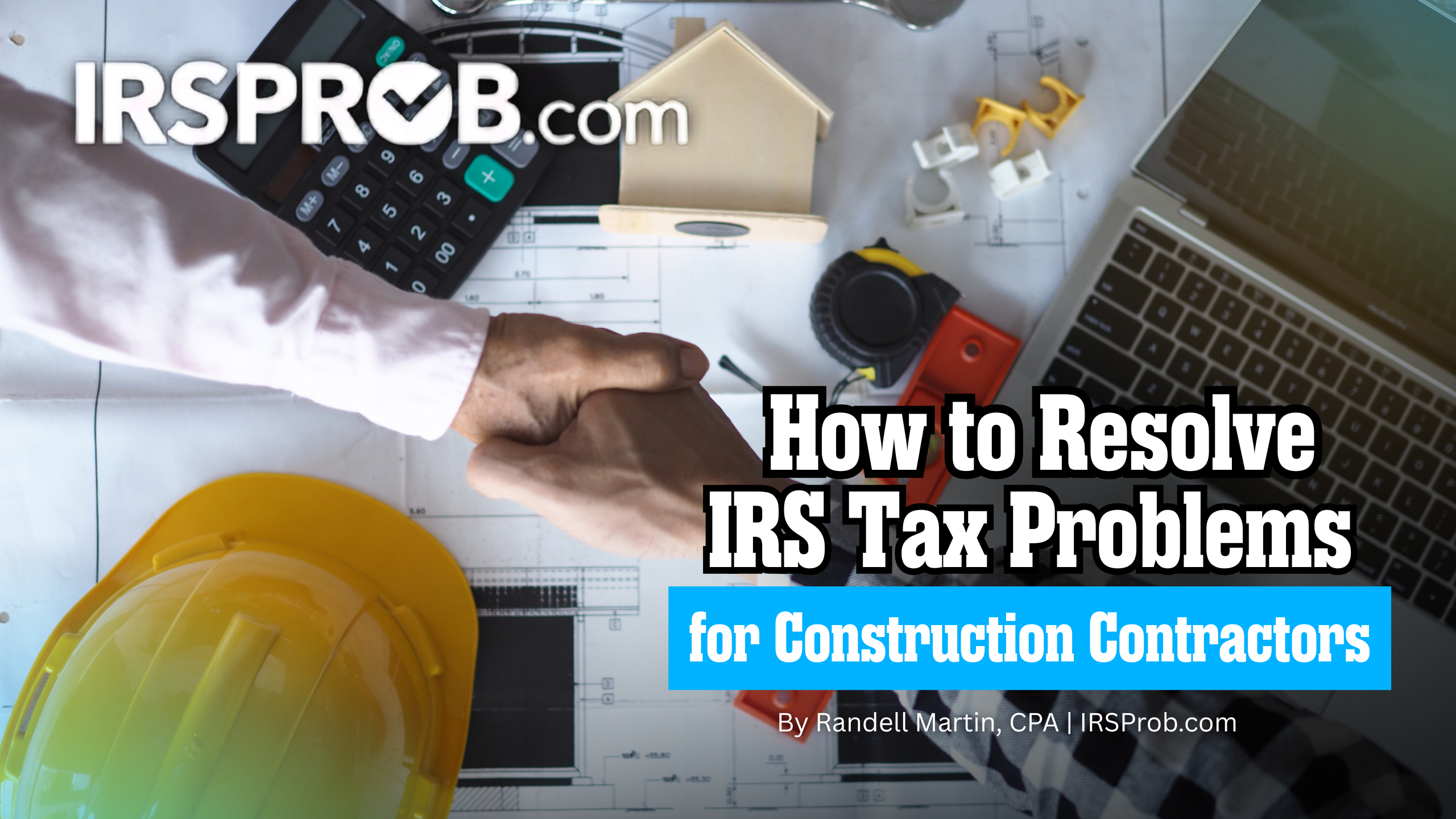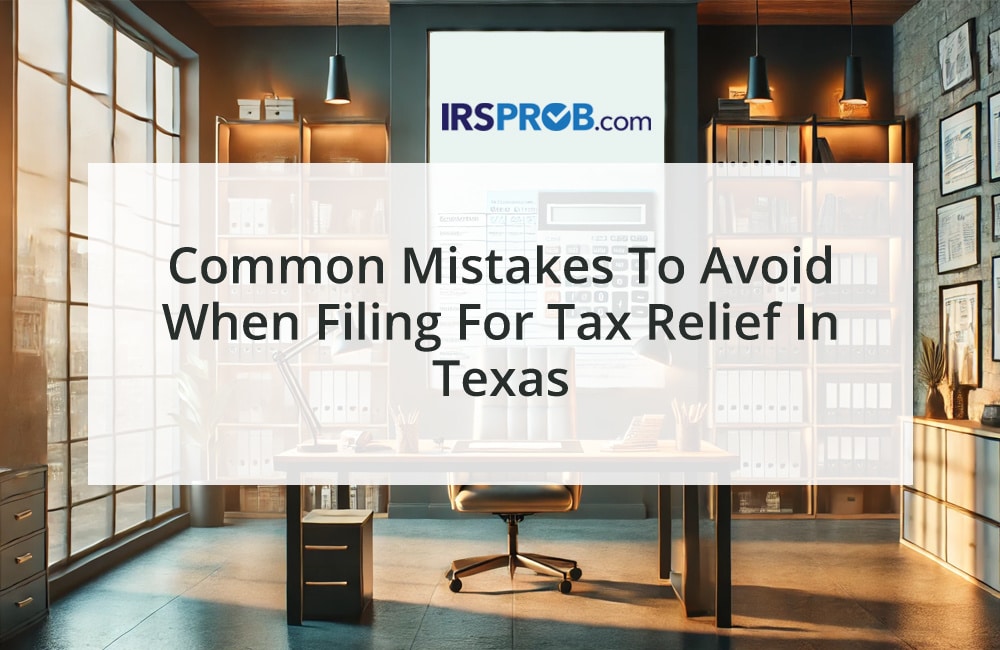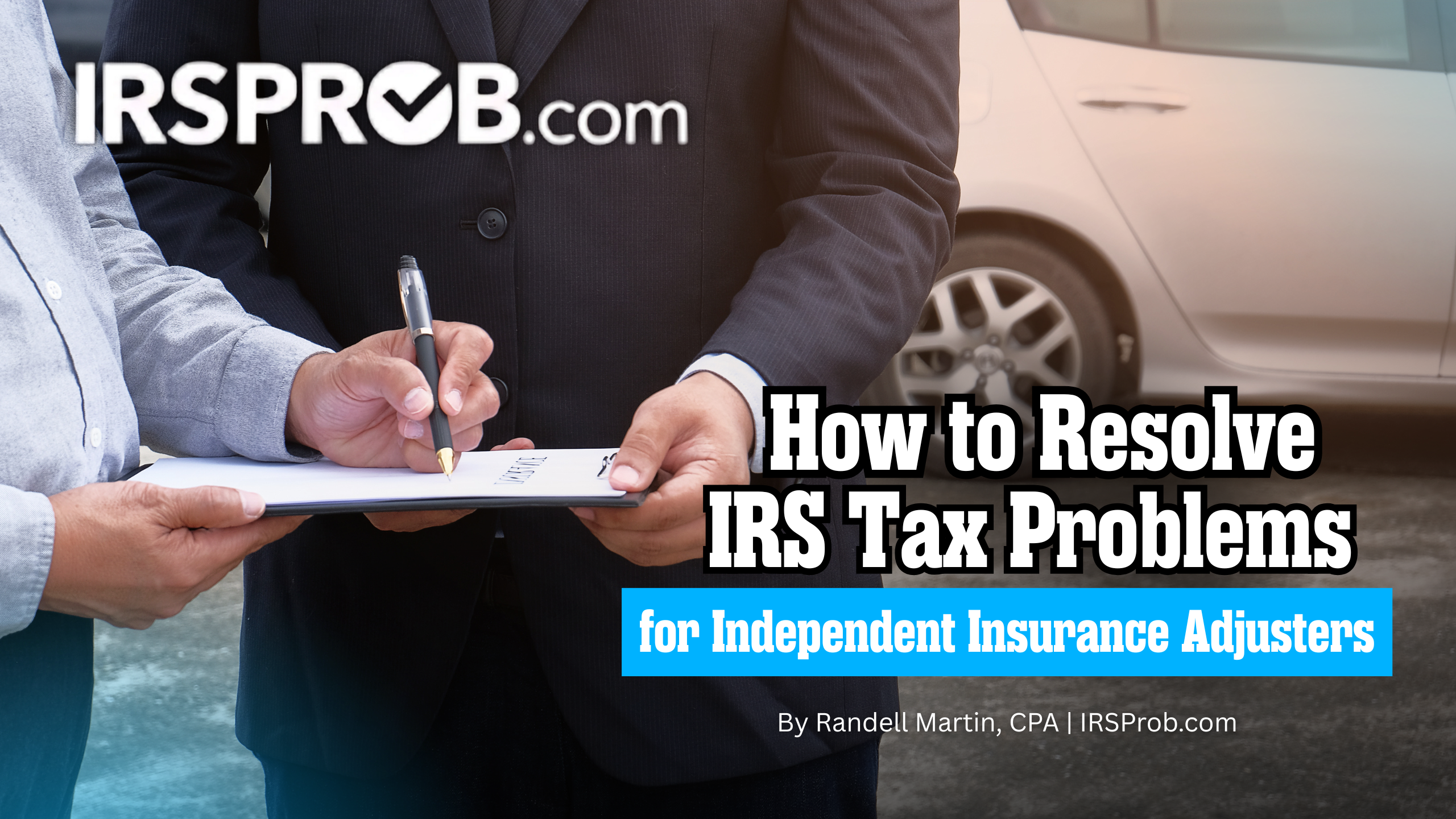
Paying Off the Entire Debt

Paying your tax bill in full is the fastest way to clear the deck. It stops the bleeding—no more penalties, no more interest—and helps you avoid liens, levies, or wage garnishments.
But let’s face it: cash flow in construction isn’t always smooth. Whether you’re waiting on a draw or stuck in inspection limbo, full payment isn’t always an option.
Installment Agreements (IA)
Partial Payment Installment Agreement (PPIA)
When your debt is too high and full repayment isn’t realistic, a Partial Payment Installment Agreement (PPIA) could be the right tool.
Pros:
- Monthly payments based on what you can afford.
- IRS collection actions stop while you’re compliant.
- Allows for a partial resolution of the total debt.
Cons:
- Requires detailed financial disclosure, including assets, income, and expenses.
- IRS may request updated info if your financial situation changes.
- If income increases, your monthly payment may go up—or the agreement may be canceled.
This option is technical and sensitive. An experienced tax pro can help you avoid missteps.
Currently Not Collectible (CNC)
If you’re in a rough patch—no jobs, high medical bills, or personal issues—Currently Not Collectible status may apply.
But it’s no free pass. You’ll need to submit a full financial disclosure with details on every account, asset, and expense. That disclosure is signed under penalty of perjury.
Omit something and the IRS may call it fraud. Include something irrelevant, and you could weaken your case. This is a time when a skilled tax professional is not optional—it’s essential.
Even if approved, CNC is temporary and subject to periodic IRS review.
Offer in Compromise (OIC)
The Offer in Compromise is the gold-standard tax resolution if you qualify. It allows you to settle your tax debt for less than what you owe under IRC §7122.
Sounds good? It is—but it comes with strict requirements. Full, accurate financial disclosure is required—including your tools, truck, job pipeline, and every account you own. And that paperwork is legally binding.
Miss something? That could be fraud. Say too much? You could disqualify yourself. Even after acceptance, you must remain compliant for five years or the IRS can cancel the deal.
Never attempt this alone. A professional can keep you out of trouble—and save you thousands.
Trust the Experts
You’re a pro with your hands and your trade—but IRS strategy is a different craft. Whether you’re behind on filings, facing garnishments, or looking to reduce penalties, an experienced tax advisor can build a solid plan and help you avoid costly mistakes.
Get the right help, and you can get back to what you do best: working the job, not worrying about the IRS.
About the Author
Randell Martin, CPA, is the founder of IRSProb.com, a national tax resolution firm that helps contractors, tradesmen, and small business owners resolve IRS problems and reduce tax liabilities. With more than 25 years of experience, Randell specializes in audits, collection defense, and strategic IRS negotiation.
He’s helped electricians, HVAC techs, and general contractors walk away from tax nightmares with their businesses intact. When not battling the IRS, he’s watching Texas football and reminding clients that buying a new work truck does not automatically mean it’s 100% deductible.








